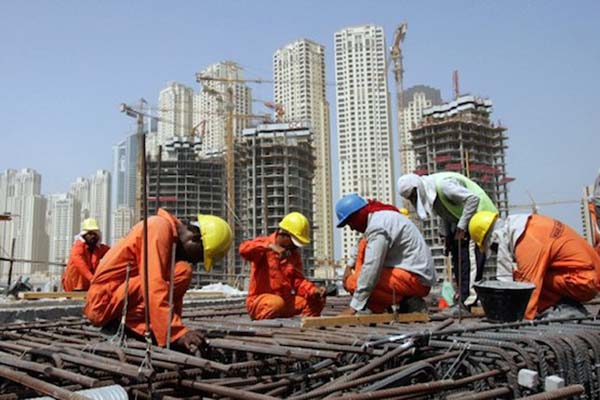
Economic Reporter :
The United Nation’s Migration Agency, International Organization for Migration (IOM) on Tuesday urged communities to support the reintegration and combat stigmatization of returning migrant workers to Bangladesh.
On the International Day of Family Remittances, IOM said due to the economic and labour crisis created by the COVID-19 pandemic, hundreds of thousands of migrant workers are expected to return by the end of the year, said a press release.
Giorgi Gigauri, Chief of Mission, IOM Bangladesh said now more than ever they need to foxcus on supporting remittance-dependent communities who are impacted by the recession.
The IOM Bangladesh chief said they need to support the government to prioritize skills development of migrant workers so they can increase remittance flow to Bangladesh.
“We also need to focus on providing financial literacy training, particularly to women, to improve productive investment of remittances and to build the resilience and financial independence of remittance-reliant households.”
Recession-related job losses will impact not only remittance-receiving households but their extended communities, it says.
In 2019, US$18.32 billion was remitted to Bangladesh, the third highest recipient of remittance in South Asia.
According to the Bureau of Manpower, Employment and Training (BMET), in 2019 alone, over 700,000 migrant workers left the country in search of employment abroad and over 73 percent of remittances were sent from Gulf Cooperation Council countries. Remittance inflows to Bangladesh directly impacts socio-economic development and act as a lifeline to vulnerable communities.
The report includes findings from a 2019 survey of 1,000 remittance-dependent households and qualitative discussions with key stakeholders.
The survey found that higher-skilled workers send more money than the less skilled migrants and that an increase in skills increased the amount remitted by up to USD 255 per month between 2009 and 2019.

